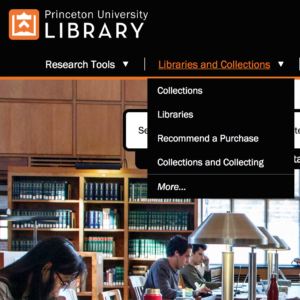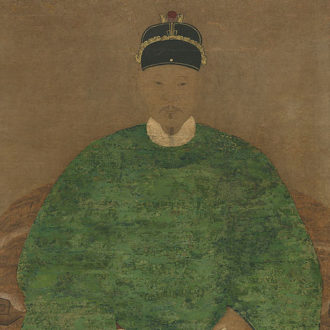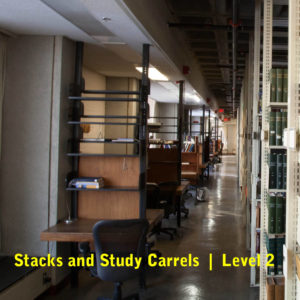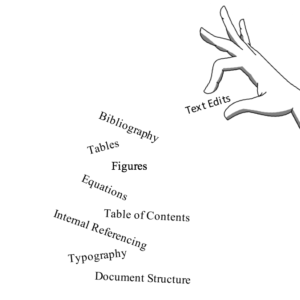“Any science major should consider this course…it is basically independent work guided by two top notch professors and supported by an entire seminar class.” – Anonymous Student Review
Every undergraduate studying the natural sciences at Princeton undertakes significant independent research projects in their Junior and Senior years. GEO/WRI 201: Methods in Data Analysis & Scientific Writing is a unique course designed specifically to teach students how to write an independent scientific paper. If you are a Sophomore or Junior looking to attain the concrete skills and confidence to tackle independent research, there is no better class to take.
In 201, you will learn how to design, research, write, and present original scientific research, all through the lens of measuring changing landscapes using satellite and drone-derived aerial imagery. Under the mentorship of Adam Maloof (GEO) and Amanda Irwin Wilkins (WRI), and with the support of your peers, you will: develop an original, well motivated scientific question; design effective field methods to test a specific hypothesis; quantitatively analyze data and imagery; and learn how to effectively communicate the results in a scientific paper and slideshow presentation. The highlight of the class is a nine day field trip across Utah, where students work collaboratively to implement their own field methods, piloting drones and collecting climatological data.











